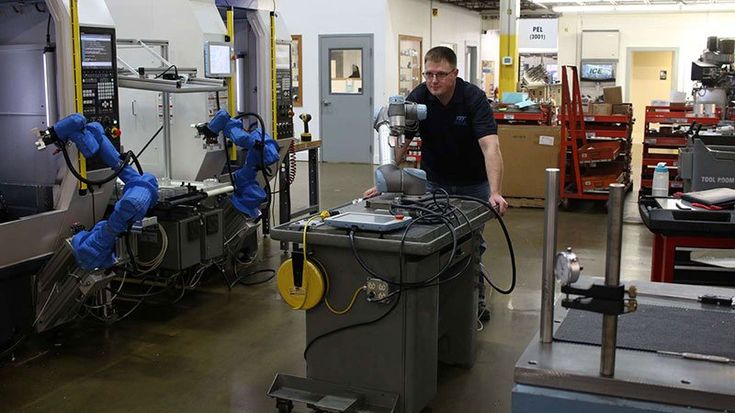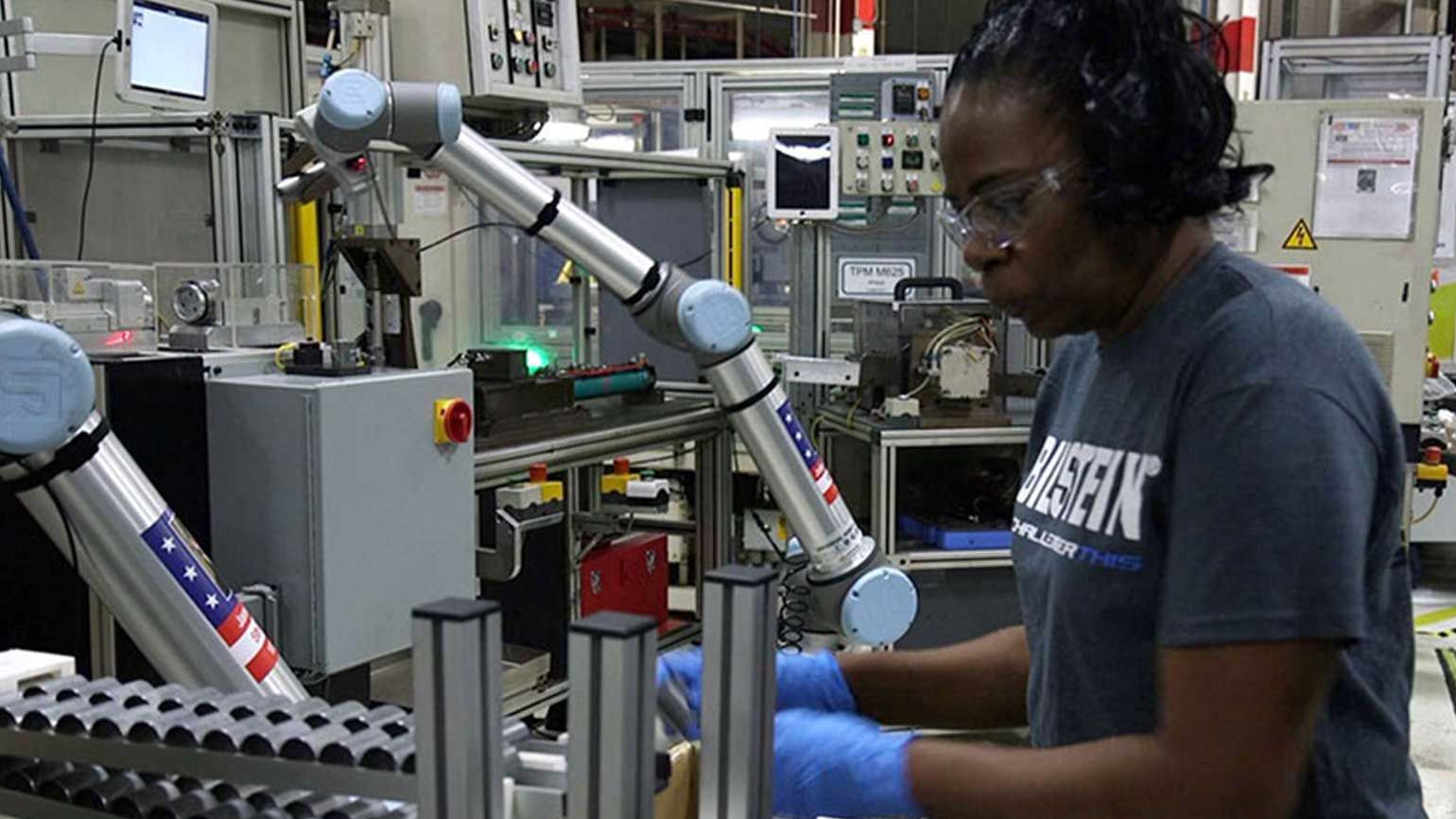Manufacturers are used to living between a rock and a hard place – and navigating the space between. Demand vs. supply. Consumer appetites for customized product and their expectations for ever-lowering costs. The list goes on. So the current tug-of-war over if, when, and where a recession will hit is not unchartered territory.
Experienced in both start-up and Fortune 500 environments, Jim’s career has focused on building organizations that give manufacturers new and effective ways to capitalize on the intersection of technology and business performance. From early days in e-commerce market and supply chain optimization to supplier risk management, Jim has been on the leading edge of innovation that changes what world-class manufacturing looks like. Since 2013, Jim has focused on the opportunity for manufacturers to harness advanced automation and collaborative robots to transform their operations and how the world thinks about work. He joined Universal Robots in 2018 and today leads the product and applications management of the company’s advanced collaborative robots to manufacturers and distributors all over the world. Jim holds a BS in Electrical Engineering from Tufts University, an MS in Electrical Engineering and Computer Science from MIT and an MBA from MIT’s Sloan School of Management, where he was an inaugural Fellow in the MIT Leaders for Global Operations (LGO) program.



